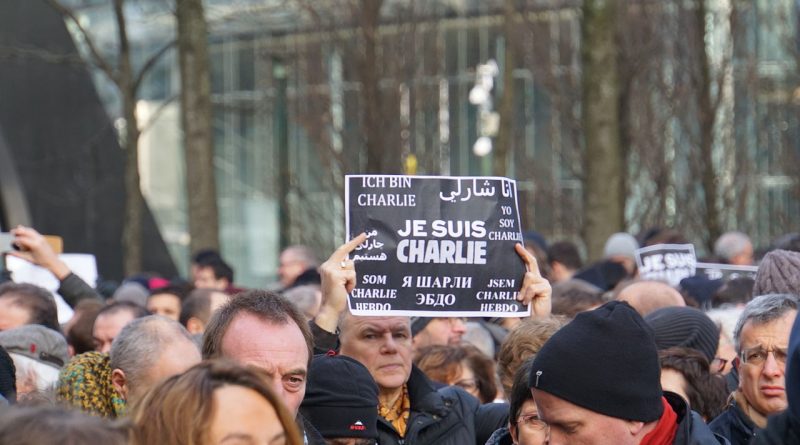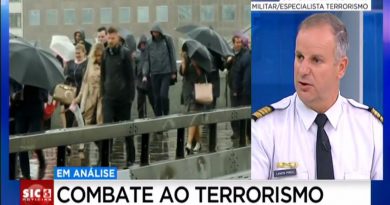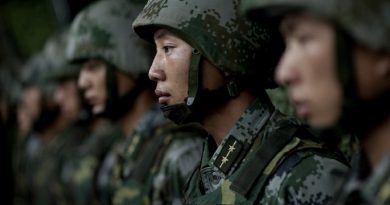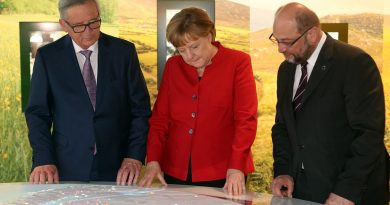The Debate on the Islamic State, reform and ‘Power to the People’
‘The rise of Islamic State
Speaking at the BBC Viewsnight program, Graeme Wood, correspondent for the Atlantic, argued that the rise of Islamic State is no less profound than the Reformation was for Christianity. In his reply, author and academic Tariq Ramadan retorts that the IS is not reforming but betraying Islam, and points to the inaccuracy of trying to understand the ongoing intellectual revolution inside Muslim societies through a Christian lens.
‘Power to the People’: which people?
No less misleading is Wood’s view that IS defiance of the ‘religious establishment’ is giving “power to the people”. Which ‘people’? Certainly not the Syrians or Iraqis, whom IS–mostly foreign–fighters rule by force and fear. It might be understandable if some of the people, who have been oppressed and exploited under locally entrenched regimes, considered the new IS rulers not too different than the old ones–each enforcing compliance by violent means. Some people might even feel vindicated when the new criminal leaders kill some of the old criminal leaders in their ‘cleansing’ campaigns. Yet the vast majority of Muslims has rejected the claims and practices of the new Caliphate as un-Islamic and violent.
Historically, the expression “power to the people” is a revolutionary slogan of movements opposing injustice and inequality. Yet the implicit suggestion that the IS has a ‘revolutionary’ rather than reformist character is no less misleading. Indeed, the creation of new opportunities for economic and social mobility–what was once called ‘class’ struggle–is a necessary condition for revolutionaries to claim a legitimate hold on power in the name of the people. There are other forms of violent change which bring new leadership to replace old ones without empowering the people: coup, conquest, subjugation, occupation. The IS warlords and war-entrepreneurs have engaged in territorial occupation, systematic violence, armed robbery and transnational organized crime at the expense of ‘the people’ while ‘democratically’ selling their stolen resources, such as oil, to any paying client–including the enemies of the Caliphate. Thus, they can preach a religious authenticity of sorts–unconvincing for the vast majority of Muslims themselves–but surely, they cannot claim to give ‘power to the people’. In fact, they do not: they promise the subjects of the new Caliphate paradise, not mundane power and wealth. Thus, Wood’s argument is based on a double inaccuracy: a misreading of both the ongoing transformation of Muslim societies and the western revolutionary intellectual and historical experience.
Tearing the Muslim world apart
In the midst of the present crisis, it is a somehow reassuring thought that the rise of the IS religious aberration cum neo-despotism might midwife a Muslim global intellectual movement which would eventually usher in a new Muslim world order. Yet local people are bound to remain powerless, so long as established Muslim authorities, including the Saudi custodians of the Holy Mosques and the Iranian guardians of the Islamic revolution actively protect their own decrepit authoritarian systems – by expanding their prisons and security apparatus, parasitically devouring the resources of their countries, and bombing their neighbours. Whether turbaned or necktied, Middle Eastern autocrats and their international backers have effectively joined forces to engage in a vast counter-revolutionary effort which studiously ignores popular demands. By militarily targeting both the IS and local insurgent groups whilst harnessing the legitimating force of religion to ignite Sunni-Shia animosity in order to protect their own privileged status, they are tearing the Muslim world apart and condemning themselves to exclusion from the ongoing ‘silent intellectual revolution inside Muslim society’ (Ramadan).
'Je suis Charlie' protest. Photo by Miguel Discart / CC BY-SA 2.0
![]() This work is licensed under a Creative Commons Attribution-NonCommercial-ShareAlike 4.0 International License.
This work is licensed under a Creative Commons Attribution-NonCommercial-ShareAlike 4.0 International License.




